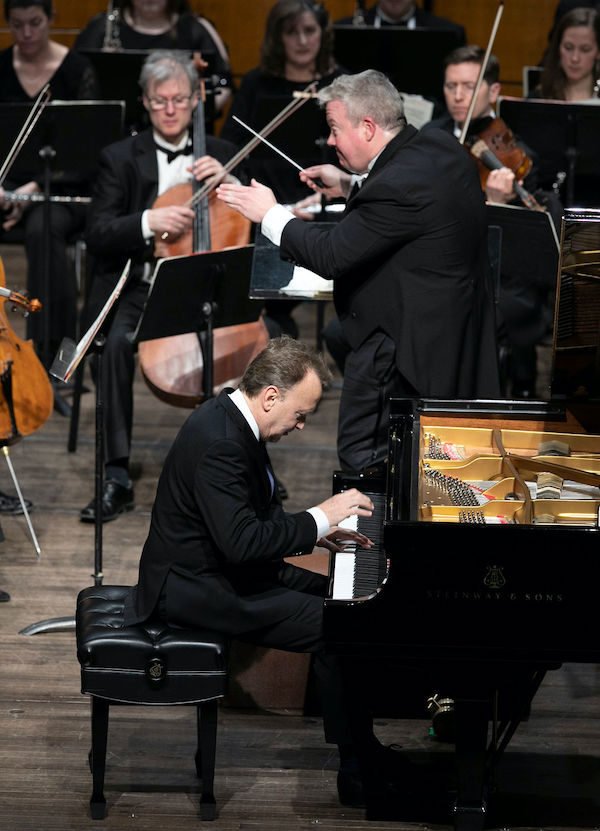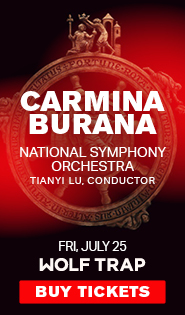Apollo Orchestra delivers worthy Respighi, Beethoven

Sandro Botticelli’s La Primavera, L’Adorazione dei Magi, and La nascita di Venere, masterpieces from the Italian Renaissance, hang in the Uffizi Gallery in Florence. To gaze at them is to uncover perhaps one or two of the centuries of secrets cloistered in their brushstrokes—gauze-enveloped women in orchards, heads tilting toward an infant adoringly, myth brought into being.
In Ottorino Respighi’s Trittico Botticelliano the Apollo Orchestra brought Florence’s riddles to life in the Kennedy Center’s Terrace Theater.
A three-movement homage to Botticelli’s paintings that premiered in 1927, Respighi’s Trittico Botticelliano calls for delicate attentiveness among its players. Under assistant conductor Jeffry Newberger’s intuitive direction, the Apollo Orchestra proved it was more than up to the task. This was particularly true of the winds and brass, which feature in several exposed interludes. The bassoon solo that opens the second movement, performed with precision by bassoonist Dean Woods, was particularly alluring, the oboe and flute later enfolding into its phrasing seamlessly.
Trittico Botticelliano is often associated with the holidays, specifically the second movement, “L’Adorazione dei Magi,” which features excerpts of the carol “O Come, O come, Emmanuel,” but the high level of ensemble the Apollo Orchestra brought to the work was a happy reminder that its beauty need not be limited to any one season. The orchestra brought out its hues of serenity, hope, coyness and charm.
Beethoven’s Piano Concerto No. 3 in C Minor maintained the same standard of ensemble with Peter Orth as soloist and Stephen Czarkowski conducting. After the orchestra’s rousing introduction, Orth immediately held court with the movement’s iconic opening upward-rolling scales. Throughout, Czarkowski and Orth seemed to breath together, bringing a chamber-like focus to Beethoven’s big concertos.
Orth’s approach to the dramatic turns in mood and quiet harmonic suspensions was confident throughout. In the first movement, after holding a steady pace, Orth pushed the tempo in a race toward the end with a punch of exhilarating adrenaline. The cadenzas, likewise, appeared effortless, though in the second movement his touch was too hard for this more contemplative music. The third movement made for a thrilling finish.
Sydney Boyd holds a Ph.D. in English from Rice University and degrees in music and English from the University of Idaho. She studies how music shapes time in 20th-century literature and occasionally returns to her origins as a violinist.

